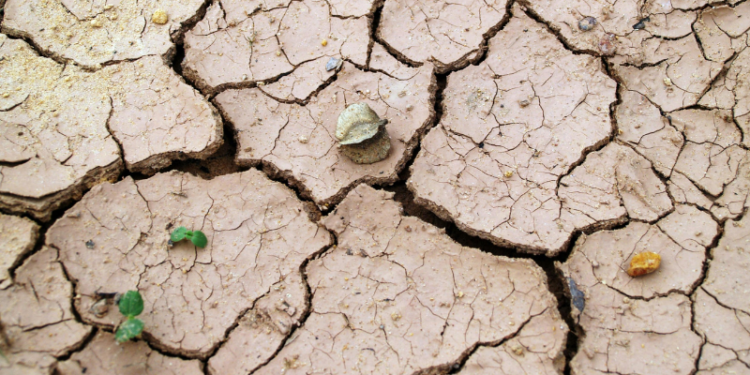On Tuesday, October 15th, the United Nations’ World Food Programme (WFP) reported in a briefing that more than 27 million people in Southern Africa are facing severe hunger due to the worst drought in a century, intensified by the El Niño weather phenomenon and climate change. This drought has devastated the region, leading to massive crop failures and livestock losses, with 21 million children now suffering from malnutrition.
Countries like Lesotho, Malawi, Namibia, Zambia, and Zimbabwe have declared national disasters as they struggle to cope with the impact of the drought. The WFP has warned that this situation could escalate into a full-scale humanitarian catastrophe, with each month expected to worsen until the next harvest in March or April 2025. Aid agencies have called for urgent international support, but a significant funding shortfall remains, with only a fraction of the $369 million needed for immediate relief raised so far.
The drought has severely disrupted agriculture, which tens of millions rely on for food and income. Crops have been decimated, with some areas, like Zambia, losing up to 70% of their harvest and Zimbabwe losing 80%. The crisis has also impacted hydroelectric power generation in the region, leading to widespread electricity cuts and exacerbating the hardships millions of people face.
The lack of rain and rising temperatures linked to climate change have left authorities in Namibia and Zimbabwe resorting to culling wildlife, including elephants, to provide food for starving populations. Scientists warn that sub-Saharan Africa is one of the regions most vulnerable to climate change, as its economies rely heavily on rain-fed agriculture and natural resources. Poorer countries, lacking the resources to invest in climate resilience, are bearing the brunt of these environmental disasters.
In addition to the drought, rising food prices have further worsened the situation, making it even harder for families to access basic necessities. Without urgent international intervention, Southern Africa’s drought crisis is expected to leave millions in a worsening state of hunger and poverty.









